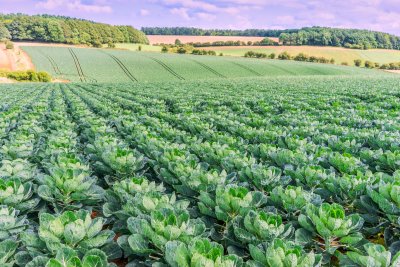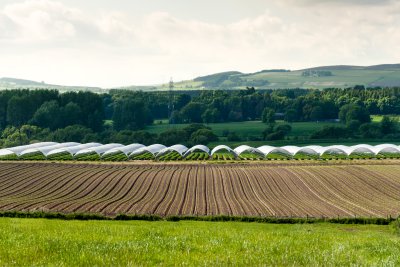Sustain: Sustain The alliance for better food and farming advocates food and agriculture policies and practices that enhance the health and welfare of people and animals, improve the working and living environment, enrich society and culture and promote equity.

Extreme weather causes crops to produce toxic chemicals
A report from the UN Environment Programme highlights a little-known effect of climate change
Climate change affects food production in many ways, but little attention has been paid to food crops' internal responses to environmental stress. A new report from UNEP, the UN's Environmental Programme, looks at how drought and high temperature trigger the accumulation in crops of chemical compounds that are toxic to animals and humans. The reactions are thought to be part of a self-protective mechanism in the plants.
Wheat, barley, maize and millet are most susceptible to nitrate accumulation, which is caused by drought. Acute nitrate poisoning poses a fatal risk to livestock.
Heavy rains after drought can lead to the accumulation in crops of another deadly chemical, prussic acid. This affects flax, maize, sorghum, arrow grass, cherries and apples.
Dangerous fungal toxins, aflatoxins, are also expected to increase as temperatures rise, especially in maize crops. A recent study has predicted that this could become a significant food safety hazard in Europe if temperatures rise by 2 degrees, as forecast.
Find more information about Sustain's campaign work on food and farming here.
Sustain
The Green House
244-254 Cambridge Heath Road
London E2 9DA
020 3559 6777
sustain@sustainweb.org
Sustain advocates food and agriculture policies and practices that enhance the health and welfare of people and animals, improve the working and living environment, promote equity and enrich society and culture.
© Sustain 2026
Registered charity (no. 1018643)
Data privacy & cookies
Icons by Icons8







